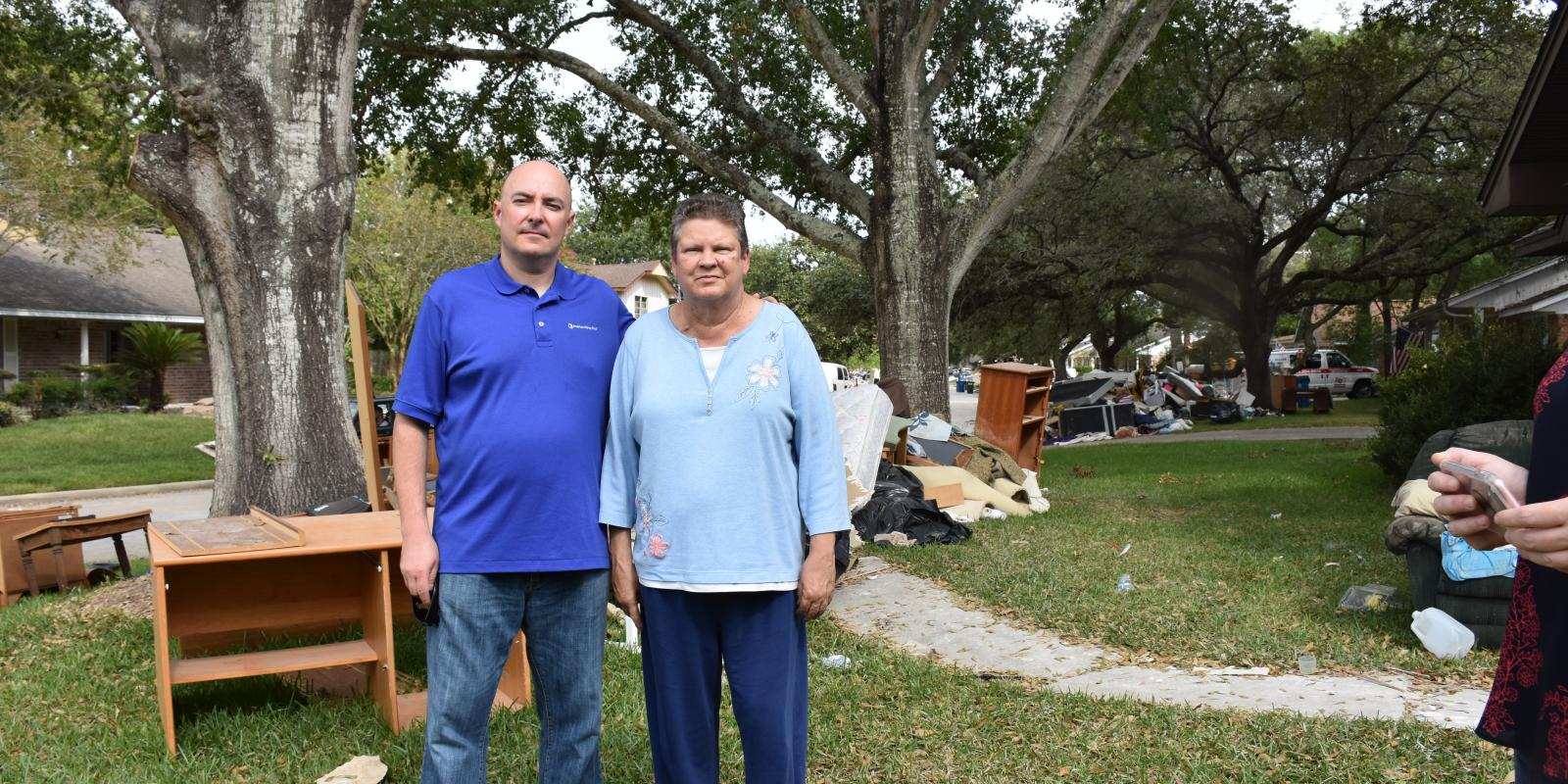
Artículo
Disaster preparedness for renal professionals

Renal professionals are usually the first and most trusted source of information and relief available to dialysis patients in the event of a disaster. Proactively preparing patients with an emergency plan and resources that are mapped out, allows accurate information to be disseminated more easily.
ere are some helpful resources and tools for renal professionals that will make navigating through abrupt, sometimes dire emergency circumstances attainable.
- Our Disaster Relief Grant Program, here at the American Kidney Fund (AKF) provides grants to kidney patients in need of financial assistance during catastrophes. For more information, professionals can contact us by calling 1.800.795.3226, or by sending us an email.
- Kidney Community Emergency Response Program (KCER) offers a Prepare Your Organization for a Hurricane Playbook, which is a resource guide that includes tools and information for community leaders and employers to support disaster preparedness efforts for dialysis and kidney transplant patients. KCER Watch is a monthly newsletter that contains important information related to emergency preparedness. Professionals can also take the KCER Ready Quiz, which is a self-assessment to help dialysis facilities and ESRD organizations promote a higher level of disaster preparedness for their staff and patients. For additional resources and other emergency management information please call the KCER Hotline at (866) 901.3773 or visit www.kcercoalition.com.
- The Renal Support Network (RSN) provides a national list of renal resources by state. This organized list can be instrumental to a professional when trying to provide a roadmap of limited options for a dialysis patient prior to, during or after a disaster. For more information about RSN, please call (866) 903.1728 or visit www.rsnhope.org.
- The Substance Abuse and Mental Health Services Administration (SAMHSA) provides resources for preventing and managing stress for professionals and disaster responders. Additional resources are available by calling (877) 726.4727 or by visiting www.samhsa.gov.
- Centers for Disease Control and Prevention (CDC) offers resources for a variety of emergency health professionals. Specific tips for emergency responders on coping with a disaster or traumatic event, preparing for a response and identifying and understanding burnout and secondary traumatic stress can be found here. Additional resources are available by calling (800) 232.4636 or by visiting www.cdc.gov.
- The Emergency System for Advance Registration of Volunteer Health Professionals (ESAR-VHP) is a federal program, that's administered on the state level. This program verifies volunteers' credentials and qualifications in advance of a disaster or public health emergency. Other public health emergency information and resources can be found by visiting www.phe.gov, or by sending an email to esarvhp@hhs.gov.
- The FEMA Ready Campaign is a national public service campaign designed to educate and empower the American people to prepare for numerous disasters. The information found here contains excellent resources for professionals that can be directly implemented into their own emergency planning. Additional resources are available by calling (800) 621.3362 or by visiting www.fema.gov.
- The Association of Healthcare Emergency Preparedness Professionals (AHEPP) has a complete multi-media preparedness resource center that provides a range of information that aligns with their mission of "moving preparedness forward". For more information about AHEPP, please complete an inquiry form here or visit www.ahepp.org.

Webinar
Preparing for an emergency: What you need to know about kidney disease and food safety
Did you know people with kidney disease, or a kidney transplant have a higher risk for foodborne illness? Food safety is just as important for staying healthy as following a kidney-friendly eating plan.

